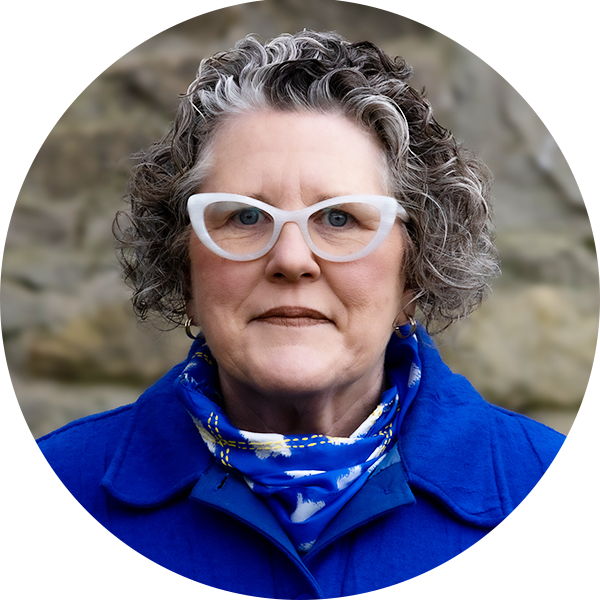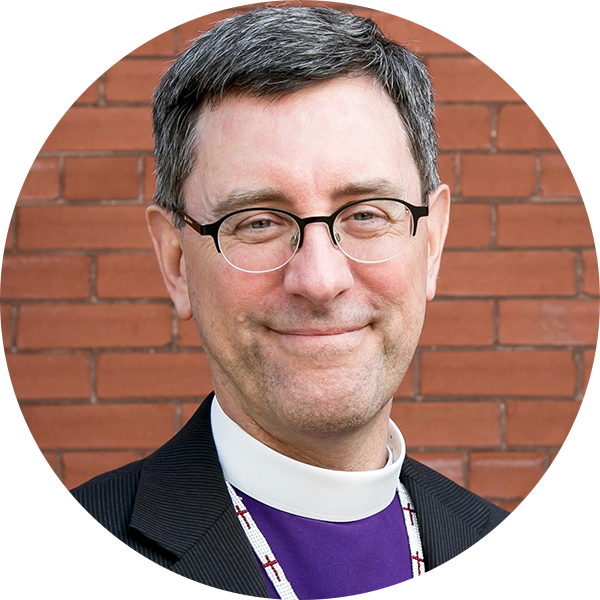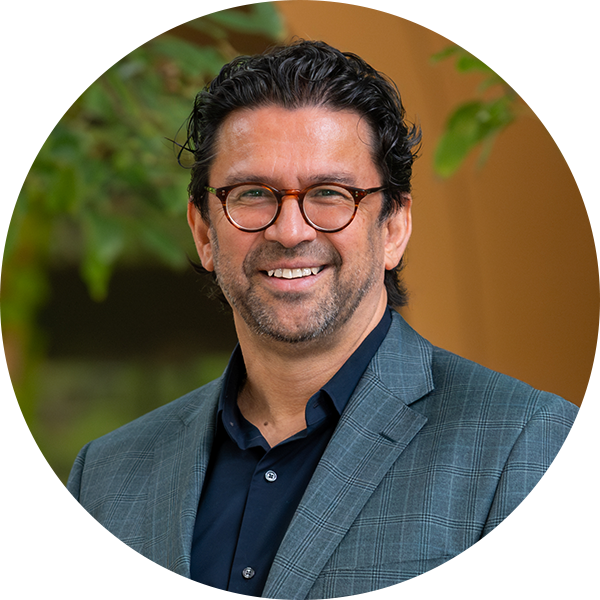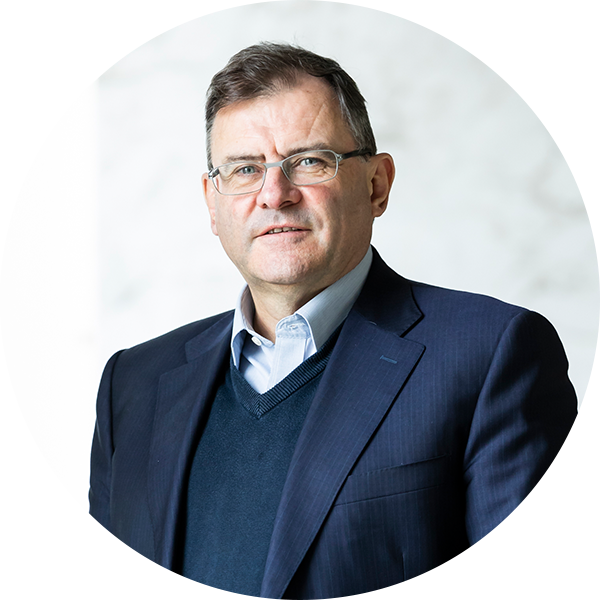What lies ahead
Faced with a fast-moving world, four educationalists comment on what the future might look like for higher education.
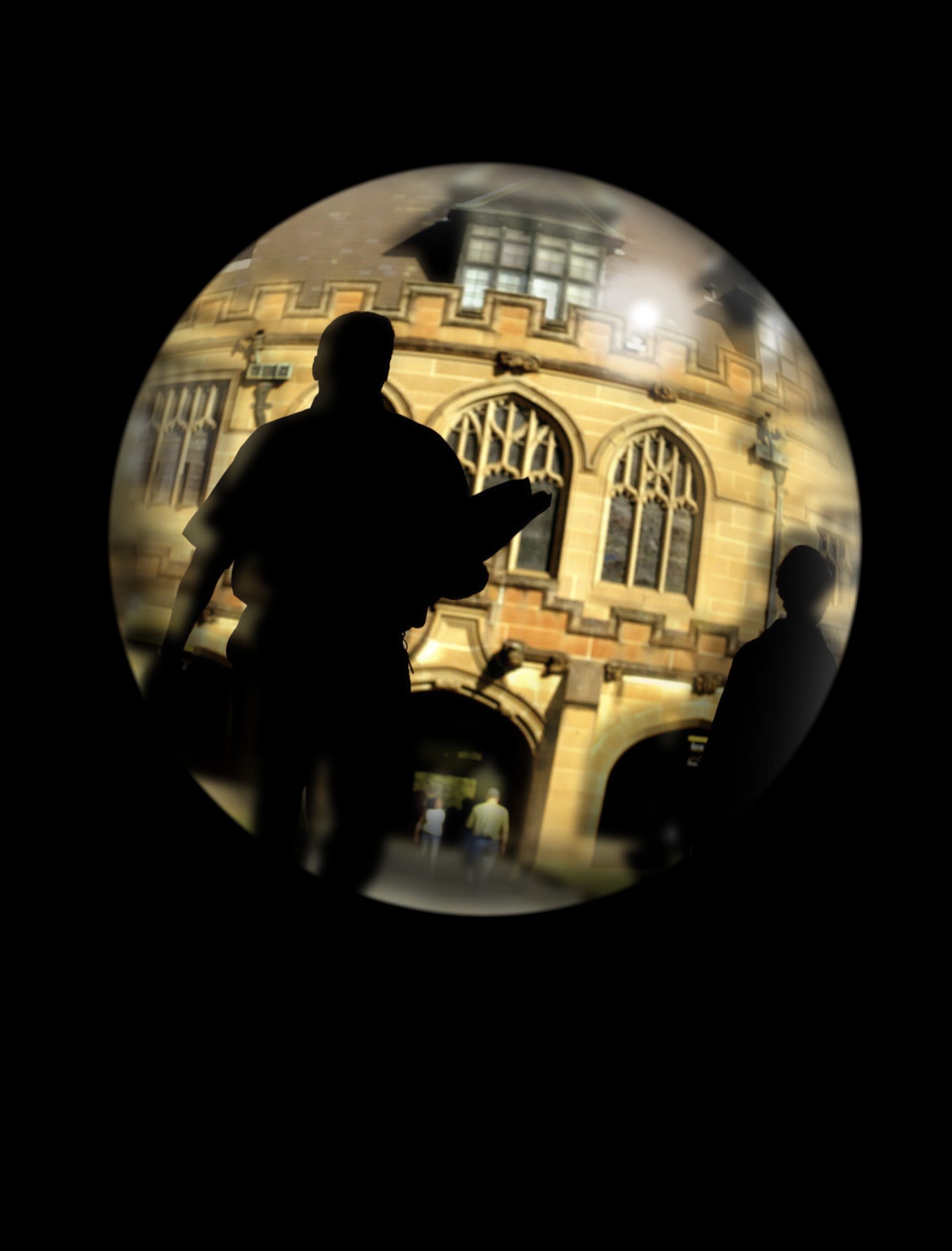
BUILDING BLOCKS
When Kath Curry started as Deputy Dean, Student Success at the Trinity College Pathways School in early 2024, she felt she had been handed a golden ticket. With a background in nursing, she had previously worked in a range of executive roles in universities.
‘I wanted to return to working more directly with students, and what better place to do it than the Pathways School.’
In her role overseeing three elements – teaching and learning, wellbeing, and student experience – Kath believes addressing and supporting the mental health of students is one of the challenges facing educational institutions. ‘Our aim is to prepare learners to excel in a university environment,' she says. 'There’s significant pressure on young people to achieve and succeed.’
Kath is also cognisant of the questioning around the future value of higher education. ‘I think the focus has been a lot on how we keep students out, rather than how we bring them in,’ she observes.
‘Higher education appears to be entangled in politics and funding issues rather than focusing on its core mission. Our debates should be about the value of learning and the economics of a higher education qualification. That’s a really big debate.’
Beyond the vocational worth of gaining a degree, Kath addresses the importance of the social cohesion that higher education generates by helping students develop as holistic individuals. ‘A student gets a piece of paper in the hope it opens doors, but we’re trying to foster skills in people to also be creative, constructive, analytical and critical.’ To maintain this goal, she feels higher education needs to be accessible, achievable and revisit the core principles of what it truly means. ‘I believe we need to explore new funding models by considering public and private partnerships.’
On the back of the COVID-19 pandemic, there is little doubt the most significant disruptor in educational practice is generative artificial intelligence (AI), which promises to transform the way we teach and learn, and how we conduct research and assessments. Kath believes it is a case of getting on board or being left behind.
‘Currently, educational solutions appear to be in the too hard basket, with everyone waiting for someone else to find an answer. As people struggle with the issue, it's important to take small steps to make huge leaps.’
Believing and trusting students is key, she adds. ‘We don’t want students working and operating under fear. We want them to know what the rules are, and that they are going to need to defend work they’ve submitted.’
‘Currently, educational solutions appear to be in the too hard basket, with everyone waiting for someone else to find an answer. As people struggle with the issue, it's important to take small steps to make huge leaps.’

An example Kath offers is in the Foundation Studies program where teachers guide students through a process in which they complete a written assignment, bring it back to class for discussion, and use this workshop to build their confidence in using AI.
‘Within the tutorial, students need to think of two new questions to ask about their paragraph in order to compare and contrast what is AI-generated.’
Having champions on board to train the trainer is a signature of Kath’s philosophy. ‘Earlier this year, we sent five academics to an AI conference in Singapore,’ she explains. ‘They returned with a fresh perspective, urging us all to approach things from new angles.
‘I really want to nurture and give our teachers time and permission to be reflective practitioners. Look at how we use student voice? How do we use peer voice? How do we keep challenging each other as professionals?’
COMMUNITY SPIRIT
As a former visiting professor at Trinity College (Oct-Nov 2024), Bishop Stephen Andrews appreciates the parallels in education across the globe. Hailing from Canada, where he is the Principal of Wycliffe College at the University of Toronto, Stephen brought an international perspective, working alongside the Reverend Dr Bob Derrenbacker, Dean of the Trinity College Theological School.
Identifying AI as one of the challenges facing academic institutions, Stephen explains that although the University of Toronto and Wycliffe College are starting to develop policies and strategies to embrace the technology, there remains a lot of uncertainty.
‘Students are using it, but it’s hard to detect if a paper or paragraph has been produced by AI,’ he says.
Stephen highlights an example at Wycliffe where AI is being harnessed in a helpful way through the establishment of the Canadian Institute for Empirical Church Research.
‘This was the result of a grant the college applied for to help collect necessary data required by Canada Revenue every year from non-profit organisations,’ he explains. ‘By collecting large amounts of data across congregations, AI can track and analyse it on an ongoing basis.
‘This means, we can explore factors like church growth, expenditure, locations of congregations and what makes for healthy churches. The database is so massive, AI can organise and categorise in ways that are not humanly possible.’
The embrace of technology through the pandemic, with lessons moved online for instance, has already shifted student expectations, according to Stephen.
‘They like the flexibility of learning and the capacity to take a course online. We are committed to this and recognise it’s an important part of accessibility.’
Additionally, there is a greater awareness of the need for good mental health, evidenced by a rise in the demand for counselling services within the college and university. He also ponders the prevalence of social media, and its downsides. ‘Students are so wrapped up in this dimension, I think it affects their ability to relate in person.’
This is one of the reasons why Stephen is a strong advocate for the residential model of learning at his college.
‘Students have a chance to develop community, have conversations over dinner, linger at the end of class, wander into a faculty office, visit a smorgasbord of churches to expand their experience of what it means to be a church in different traditions.’ he says. ‘The more authentic our relationships can be, the better prepared our students will be for authentic ministry.’
THE BIG PICTURE
In Professor Michael Wesley’s role as Deputy Vice-Chancellor Global, Culture and Engagement at the University of Melbourne, he is responsible for the university’s external engagement at a global, national and local level in addition to overseeing its museums, galleries and performing arts spaces.
In imagining the future, Michael deems funding of higher education institutions in Australia as being one of the greatest challenges. ‘We’ve seen public funding flowing to universities largely flatlining for probably the last 10 years or so, and this has effects on how we educate [and] how we research, and it means we are forced to look for other sources of revenue.’
Greater collaboration with business and possibly other forms of teaching such as non-degree education are some options that could provide solutions.
‘I think Australia is fortunate enough to be located in what will become a kind of epicentre of higher education for the rest of the 21st century,' he explains. 'So many of the countries to our north and north-west are investing heavily in higher education and research at a time when the traditional centres of higher education in North America and Europe are seeing stagnant investment in the sector.’
He believes the Australian universities that figure out how to make the most of being in the growth area will do very well, while those which do not will struggle.
Without knowing exactly what the introduction of government caps on international student numbers will ultimately mean for Australian universities, Michael deems diversity an essential ingredient for world-class education.
‘I strongly believe that you can’t educate successfully if you are operating in a sort of monocultural environment, because without diversity of viewpoint, received wisdom can’t be challenged effectively. The best Australian universities should be continuing their efforts to keep their student cohorts as diverse as possible.’

From a university perspective, Michael sees AI as a potential advantage in higher education if used properly, but it could also very easily undercut the processes of learning.
‘We’re doing a lot of work developing a set of resources for our academic staff to help them think through how to productively use AI and how to guard against the risks of it,’ he says. ‘If students are using AI to write essays, put together reviews, it actually undermines what we’re trying to educate them to do, which is synthesise ideas, balance and adjudicate different claims.’
A university degree is still a coveted aspiration and there is a strong correlation in most people’s minds between a degree and employment, Michael believes. Add to that, the importance of alumni. ‘I would say there’s probably been greater alumni engagement now than there was 20 years ago. A degree is more than a piece of paper, it becomes part of your life.’
THE ROLE OF COLLEGES
Where will residential colleges fit in the future?
‘It can be argued that the primary purpose of education is for students to learn about themselves and the world they live in. There are multiple different ways to acquire that knowledge, and, of course, many distinct bodies of expert knowledge in which we can become immersed while studying. Still, for all students, the best possible outcome for the years spent acquiring a university degree is a combination both of self-knowledge and the capacity for critical interrogation of knowledge, in one or more of the many disciplines.'
‘On both these counts, the experience of community living with other students and scholars in a university college is one of the best ways to experience a university education.’
Professor Duncan Maskell
Former Vice-Chancellor
The University of Melbourne
READ NEXT STORY >>> BUSINESS: FROM LITTLE THINGS...
<<< BACK TO CONTENTS

